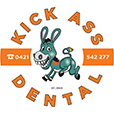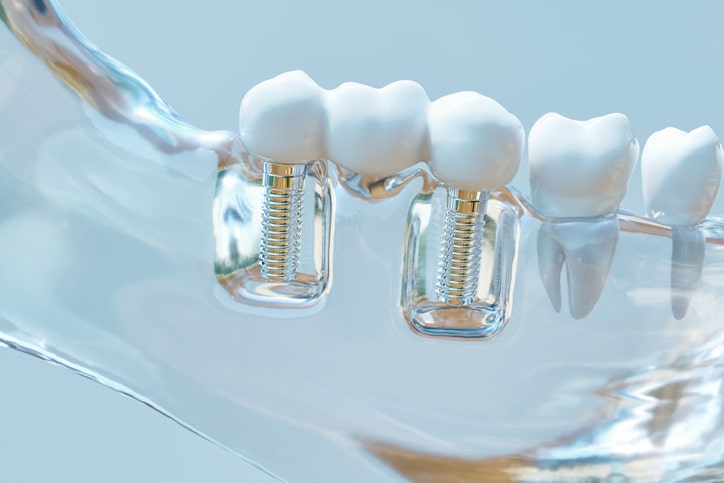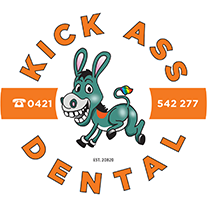The Disadvantages of Dental Crowns: What You Need to Know
Introduction
What are the disadvantages of dental crowns? Crowns on teeth are one of the most popular types of dental work done in modern dentistry. They can also be utilised for cosmetic purposes, in addition to their utility in restoring teeth that have been damaged or have rotted. Before electing to receive a dental crown, you should be aware of the many benefits these restorations provide as well as the potential drawbacks associated with them. In this piece, we will go over the drawbacks of getting dental crowns as well as the information you need to be aware of prior to receiving one.
Disadvantage #1: Cost
The expense of dental crowns is one of the most significant drawbacks associated with their use. Crowns for teeth are not inexpensive, and the total price may change based on the type of material used to make the crown. The cost of a dental crown might range anywhere from $800 to $1,500 on a typical basis. If you have dental insurance but the procedure is not covered by your policy, this cost could be significantly greater for you.
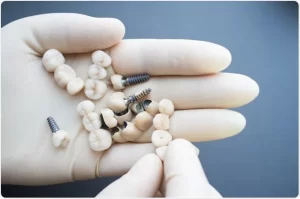
Solution:
If you are concerned about the cost of dental care, you should discuss your alternatives with your dentist as soon as possible. They might be able to provide you with alternatives to the crown’s material that are more cost-effective. You could also investigate several dental insurance policies that include coverage for dental crowns.
Disadvantage #2: Sensitivity
The fact that dental crowns can make some people’s teeth more sensitive is yet another drawback associated with them. This is especially important to keep in mind if the tooth that is going to be capped has a significant cavity or if it has previously been treated for root canal therapy. The sensitivity may only last for a short time or it may persist for a long time.
Solution:
If after having a dental crown you are experiencing sensitivity, you should make an appointment with your dentist as soon as possible. They might be able to alter the crown, or they might be able to recommend a particular type of toothpaste that can aid with sensitivity.
Disadvantage #3: Decay
In spite of the fact that dental crowns are intended to shield the tooth from additional decay, if they are not cared for properly, they can actually speed up the decay process. If the crown is not fitted correctly, it may collect food particles and germs, which may eventually result in deterioration. For kick ass dental crowns see here.
Solution:
It is essential to maintain proper oral hygiene in order to forestall the development of deterioration beneath a dental crown. This involves brushing your teeth at least twice per day, using dental floss daily, and rinsing with an antibiotic mouthwash. Additionally, it is essential to maintain routine trips to the dentist for examinations and cleanings.
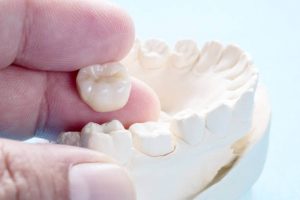
Disadvantage #4: Discomfort
After having a dental crown placed, some patients report experiencing discomfort or even pain. This may be the result of the tooth being filed down to make room for the crown, or it may be the result of the crown not fitting correctly. Both of these scenarios are possible.
Solution:
It is vital that you consult your dentist as soon as possible if you find that the dental crown you have placed causes you any discomfort or suffering. They might be able to alter the crown, or they might offer some medication to alleviate the pain.
Disadvantage #5: Allergic Reactions
There is a remote possibility that a few individuals will experience an adverse reaction to the materials used for the dental crown. This can result in symptoms such as a rash, irritation, or swelling.
Solution:
It is critical that you communicate with your dentist in the event that you go through an allergic reaction following the placement of a dental crown. It’s possible that they’ll suggest taking off the crown and replace it with something made of a different material.
Conclusion
You should be aware that dental crowns come with their fair share of drawbacks, despite the fact that they offer many advantages. These factors include the expense, the sensitivity, the decay, the discomfort, and the allergic reactions. If you are thinking about getting a dental crown, it is imperative that you discuss these potential drawbacks with your dentist and that you assess the benefits of the crown against its potential drawbacks before making a final decision. A dental crown, when properly maintained, has the potential to last for many years and to enhance both the aesthetic and the functionality of a patient’s teeth. If you want your dental crown to last as long as possible, it is essential to practise proper oral hygiene on a consistent basis and to see your dentist on a regular basis. If you are aware of the potential drawbacks and take measures to overcome them, you will be able to make an educated decision regarding whether or not a dental crown is appropriate for you.
